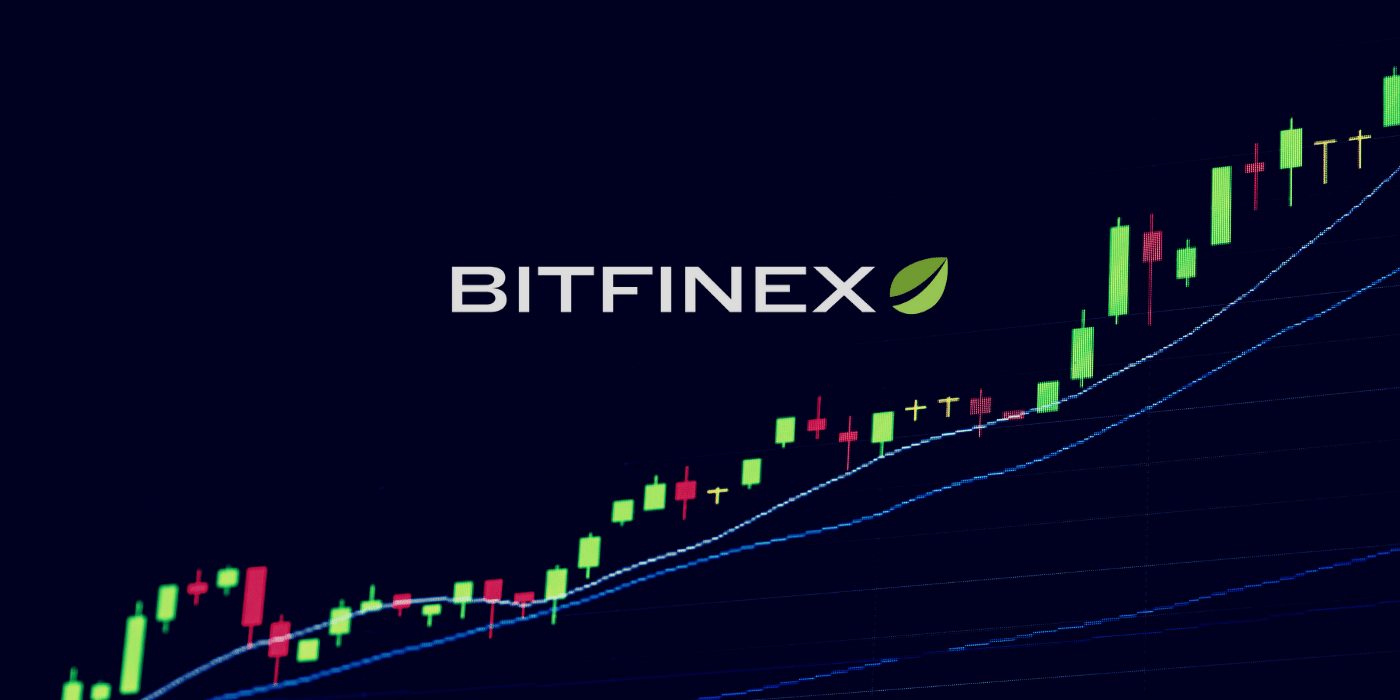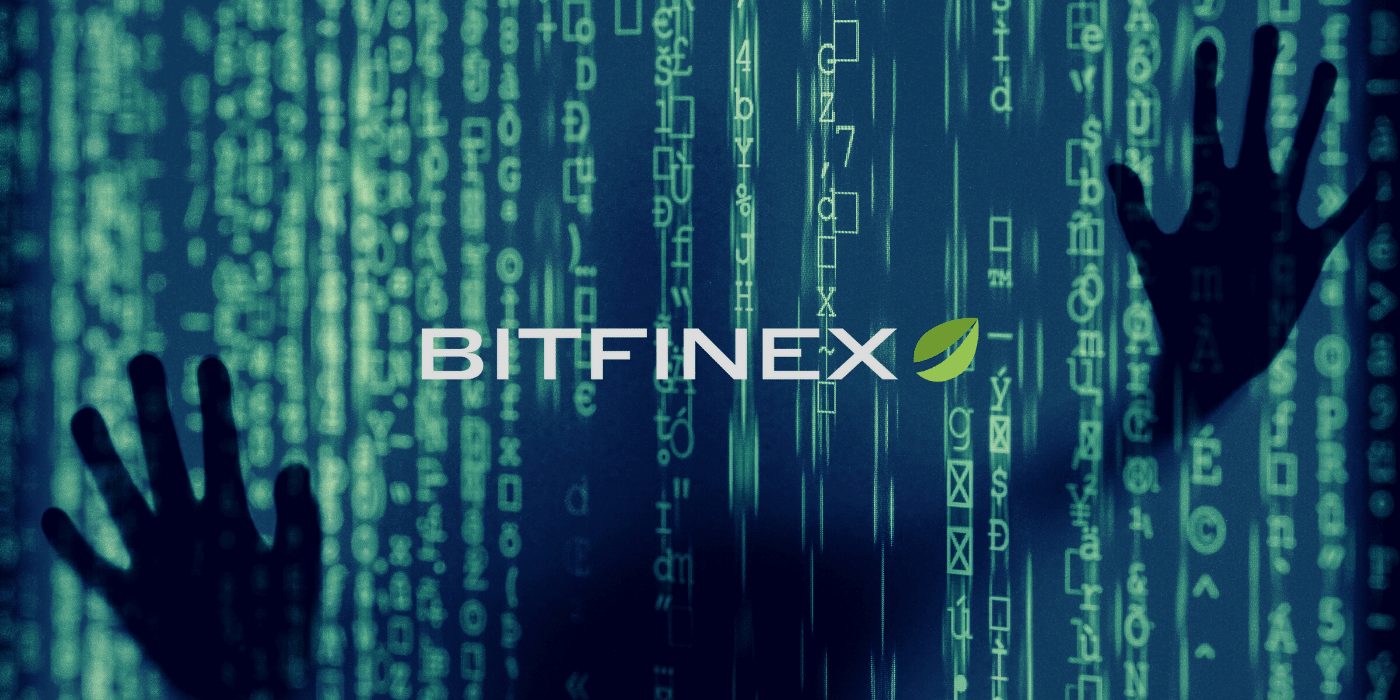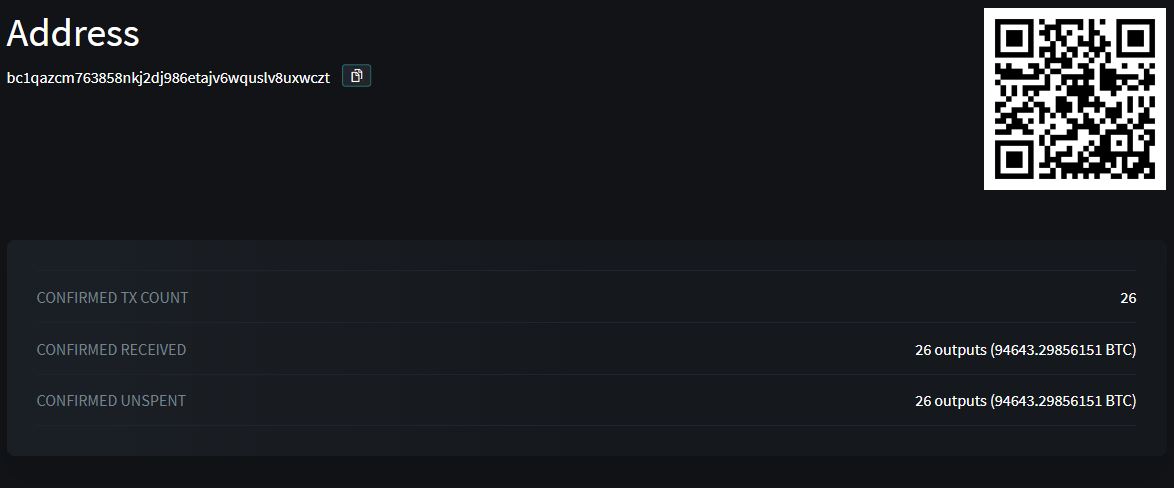Tether and Bitfinex have joined forces with software company Hypercore to launch a fully encrypted, peer-to-peer video chat application.
Keet is the first app to be built on Holepunch, a platform that allows developers to incorporate Web3 applications. It will initially only be available on desktop, though all three companies predict there will soon be a mobile app featuring “amazing” video quality:
Payment App Also in the Works
Holepunch, which is closed-source but expected to become open-source later this year, doesn’t run on a blockchain but uses the Lightning Network, a “second-layer solution” that speeds up Bitcoin transactions while reducing costs.
This would enable a payment app to be built on Holepunch, with the Tether stablecoin (USDT) supporting a default payment system. In late May, USDT was integrated into Polygon, enabling 19,000 decentralised applications (DApps) on the ecosystem to use it.
More Investment Dollars to Come
Tether, Bitfinex and Hypercore have already poured US$10 million into Holepunch, which could see tens more millions of dollars in further investments, they added.
The Keet app, like Holepunch, is free to use and is expected to be more private and secure than Web2 centralised peers such as Zoom or Google Meet. This is because Keet users can make calls directly to another individual’s computer, with nothing stored on a server.
As Holepunch CEO Mathias Buus has said, “This app is for everyone.”






